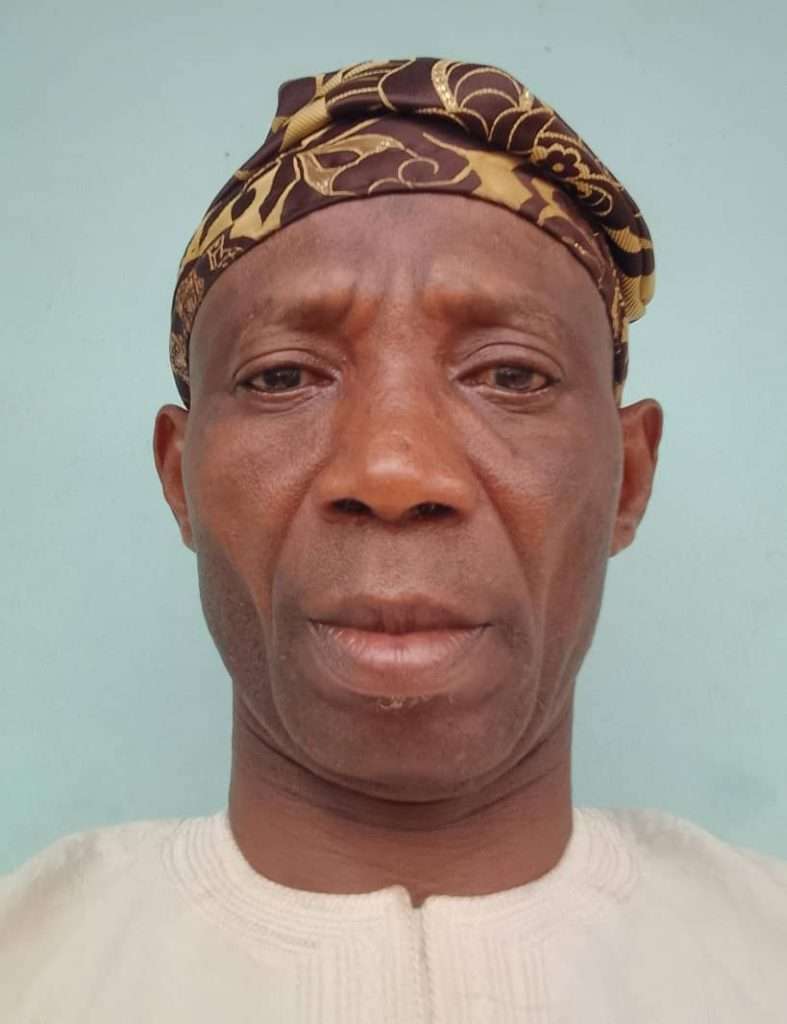

Fẹ́mi Akínṣọlá

In Nigeria, the pursuit of democracy has become a costly endeavour, with political campaigns, party primaries, and governance often requiring exorbitant financial resources. This financial burden disproportionately impacts the masses, who already struggle with rising costs of living, while their voices remain marginalized in the political arena. No serious nation can thrive under a system where the price of participation is so high that it effectively excludes the majority from meaningful engagement. The cycle of expensive politics leads to a political landscape dominated by the wealthy elite, perpetuating inequality and disenfranchisement.
Political campaigns in Nigeria are notoriously extravagant, with candidates spending millions on advertising, logistics, and often illegal inducements. This financial barrier limits participation to affluent individuals, sidelining qualified candidates from lower socioeconomic backgrounds. As a result, the political landscape is skewed in favor of a few wealthy individuals who can afford to run for office. This dynamic leads to policies that favor the interests of the rich while neglecting the pressing needs of the majority of the population.
Moreover, party primaries are often structured in a way that requires significant financial contributions. Candidates must secure large sums to cover nomination fees and campaign expenses, creating an environment where grassroots participation becomes nearly impossible. This exclusion stifles innovation and reform, as diverse perspectives and fresh ideas are systematically shut out of the political discourse. Consequently, the needs of ordinary citizens are often overlooked, resulting in a lack of representation in the decision-making processes that affect their lives.
Once elected, officials may prioritize the interests of their financial backers over those of their constituents. Policies are often designed to safeguard profits rather than promote public welfare, leading to a significant decline in essential services such as healthcare, education, and infrastructure. The diversion of funds to appease wealthy sponsors means that the very foundations of society—those that should serve all citizens—are left to deteriorate. As political corruption and inefficiency persist, the economic burden on the masses continues to grow. Essential goods and services become increasingly unaffordable, exacerbating poverty and inequality, and widening the gap between the elite and the common people. This growing divide fosters social unrest and disillusionment with the democratic process, as citizens feel increasingly powerless and marginalized.
The high cost of political participation also silences the voices of ordinary citizens. Public opinion is often disregarded in favor of elite interests, leading to policies that do not reflect the will of the people. This marginalization breeds apathy and cynicism, causing citizens to believe that their votes and opinions carry little weight in the political arena. When the perception of democracy shifts to one that serves only the wealthy, trust in political institutions erodes. Citizens become disengaged, weakening civic engagement and participation, which perpetuates a cycle of ineffective governance.
To address these systemic issues, significant electoral reform is crucial. Proposals such as campaign finance regulations, public funding for candidates, and more accessible nomination processes could help level the playing field. Implementing these reforms would empower a broader segment of the population to participate in the democratic process, fostering a government that more accurately reflects the diversity and needs of all Nigerians.
In conclusion, the cost of democracy in Nigeria transcends mere financial burdens; it represents a barrier to true representation and equality. The consequences of expensive politics ripple through society, affecting governance, economic stability, and social cohesion. As we honour June 12, a significant date in Nigeria’s fight for democracy, let us come together to advocate for meaningful reforms. It is time to rewrite the narrative of our nation and build a new Nigeria—one where democracy is accessible, equitable, and truly representative of the will of the people.
© 2025 Fẹ́mi Akínṣọlá. All rights reserved.
This work is protected under copyright law. Unauthorized reproduction or distribution is prohibited.



